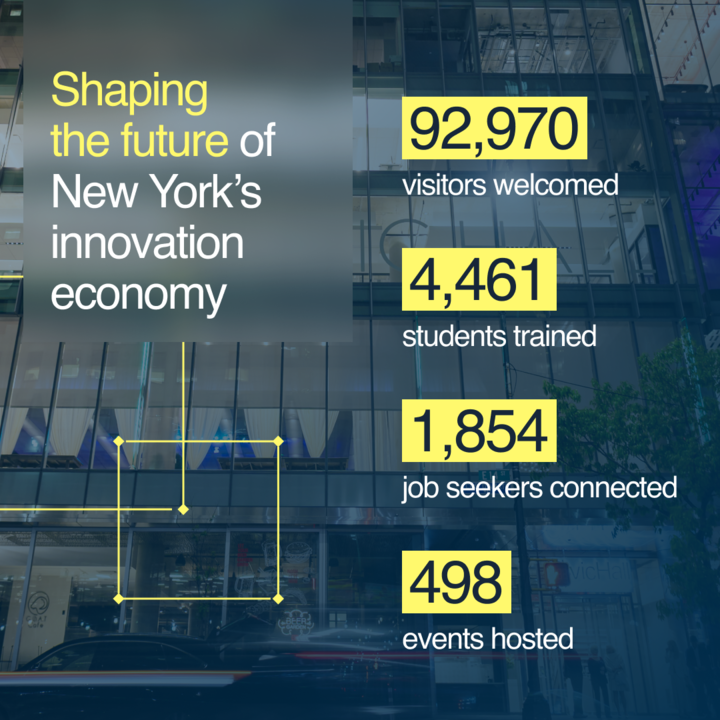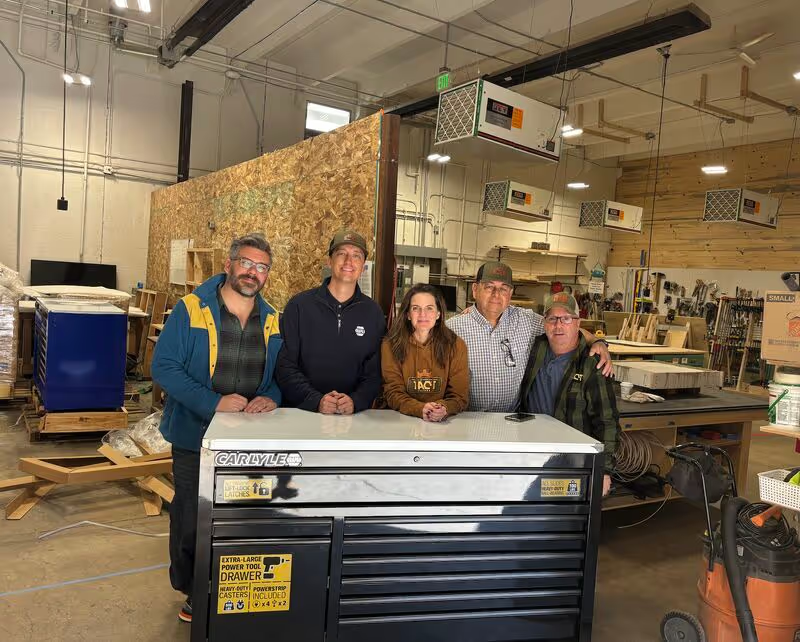Register for FY25
Full-Year Financial and Programmatic Results
Newsroom
News and Updates from Across Our Network
Stay informed with the latest press releases, announcements, and organizational updates from The Fedcap Group and our affiliates.
Thank you! Your submission has been received!
Oops! Something went wrong while submitting the form.
Apex
2025
The Fedcap Group Announces Expansion of Apex Technical School with New Full Branch Campus in Midtown Manhattan
Press Releases
Education
December 3, 2025

The Fedcap Group Announces Expansion of Apex Technical School with New Full Branch Campus in Midtown Manhattan
-min.avif)
-min.avif)
The Verdancy Group
2025
Fedcap’s The Verdancy Group Wins National Sustainability Award in Partnership with Scottish College
Press Releases
General
November 18, 2025

Fedcap’s The Verdancy Group Wins National Sustainability Award in Partnership with Scottish College


2025
The Fedcap Group Acquires Spotlight on Poverty and Opportunity
Press Releases
General
Economic Development
November 17, 2025

The Fedcap Group Acquires Spotlight on Poverty and Opportunity


CivicHall
2025
Civic Hall Tops 92,000 Visitors, 4,400 Trainees, and Nearly 500 Events in Two Years
Press Releases
General
November 12, 2025

Civic Hall Tops 92,000 Visitors, 4,400 Trainees, and Nearly 500 Events in Two Years


The Fedcap Group
2025
Celebrating Andrea Wayman's Career
Event
General
November 5, 2025
.png)
Celebrating Andrea Wayman's Career


TACT
2025
TACT Receives Largest Tool Donation in Organization’s History from NAPA Auto Parts
Press Releases
Education
October 28, 2025

TACT Receives Largest Tool Donation in Organization’s History from NAPA Auto Parts


-min.avif)